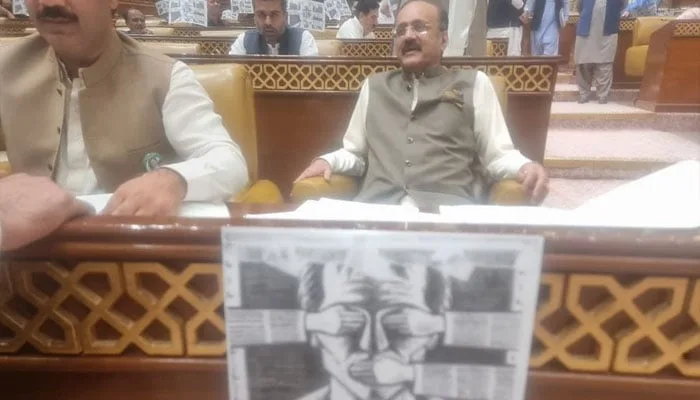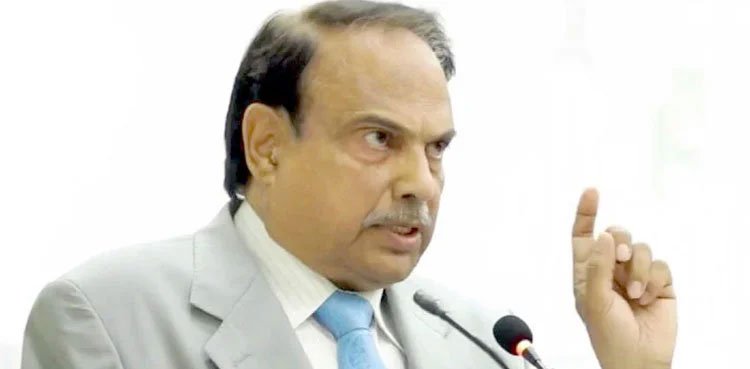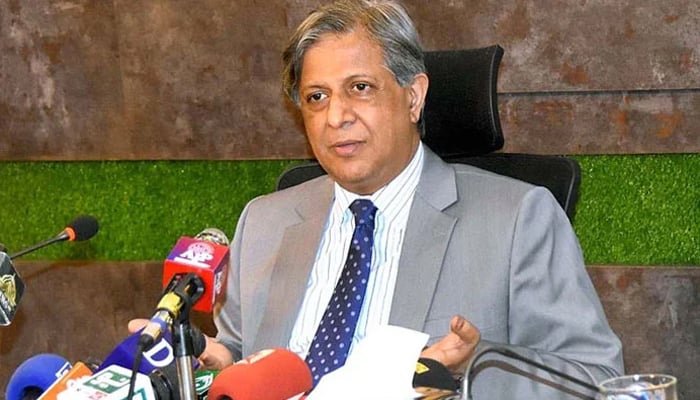The Punjab Assembly has passed the Defamation Bill 2024 despite significant objections from journalistic organizations and strong protests from opposition parties. The bill, presented by Provincial Minister Mujtaba Shujaur Rahman, saw all opposition amendments rejected, leading to heated debates and demonstrations.
Content and Implications of the Defamation Bill 2024
The Defamation Bill 2024 extends its scope to print, electronic, and social media, aiming to combat the spread of false and untrue news. The bill includes provisions for addressing fake news on platforms like YouTube and other social media networks. Any news intended to harm personal lives or public places will fall under the bill’s purview.
A notable feature of the bill is the establishment of special tribunals dedicated to defamation cases, which are mandated to deliver verdicts within six months. Under the new law, individuals found guilty of defamation can face a compensation penalty of up to Rs 30 lakh. Furthermore, the bill specifies that a High Court bench will be able to hear cases against individuals holding constitutional positions.
Opposition and Journalistic Organizations’ Response
The opposition vehemently opposed the bill, labeling it a “black law.” They argue that it poses a significant threat to freedom of expression and could be used to stifle dissent and critical journalism. During the assembly session, opposition members protested by tearing up copies of the bill and expressing their discontent with its provisions.
Opposition Leader Ahmed Khan Bhachar was particularly vocal, asserting that the Defamation Bill 2024 is a draconian law and declaring that his party could not support such legislation. The Human Rights Commission of Pakistan also voiced serious concerns, stating that the bill could potentially strangle freedom of expression in the province.
Journalists’ Protest and Government’s Stance
Journalists boycotted the proceedings of the House and staged a protest on the steps of the Assembly. The journalist organizations felt betrayed by the government, which had rejected their proposal to postpone the bill for further deliberations. These organizations had met with the Information Minister earlier in the day, requesting a delay in the bill’s passage to allow for more discussion and input. However, their request was denied.
Journalist leaders expressed their deep disappointment, claiming that the government had “stabbed them in the back” after the negotiations. They vowed to continue their protest against the bill at every possible forum.
Broader Impact and Future Implications
The passage of the Defamation Bill 2024 has significant implications for the media landscape in Punjab. Critics argue that it could lead to increased self-censorship among journalists, who may fear legal repercussions for reporting on controversial issues. This concern is particularly acute in an environment where press freedom is already under pressure.
Proponents of the bill, however, argue that it is necessary to combat the spread of fake news and protect individuals from defamatory content. They contend that the bill will help ensure accountability in the media and promote responsible journalism.
The passage of the Defamation Bill 2024 in the Punjab Assembly marks a contentious moment in the province’s legislative history. While the government maintains that the bill is essential for curbing the spread of false information and protecting individuals’ reputations, the opposition and journalistic organizations see it as a significant threat to press freedom and a tool for silencing criticism. The coming months will likely see continued protests and legal challenges as various stakeholders navigate the bill’s implications for freedom of expression and the role of the media in Punjab.



